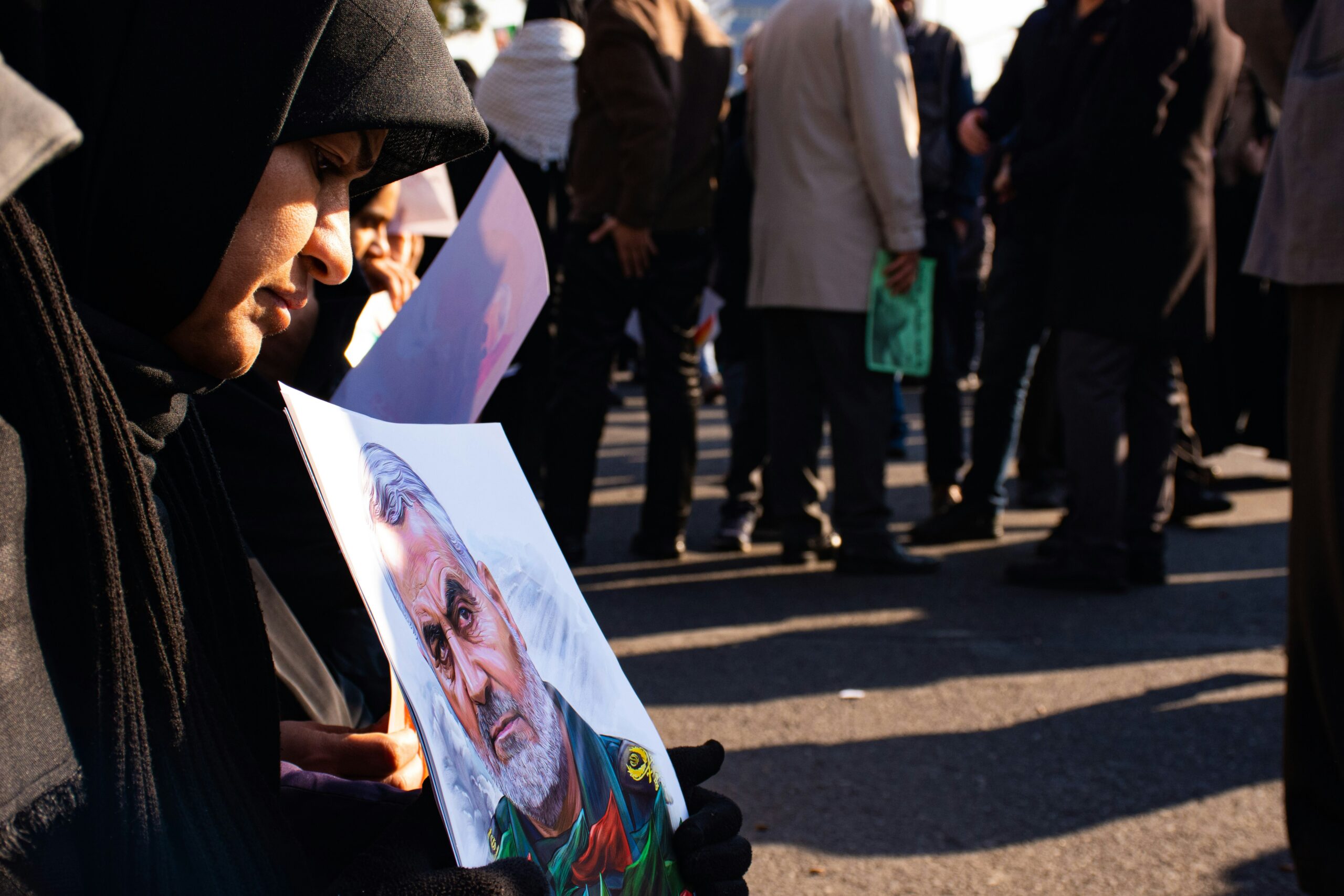
On a late Sunday evening, the stark reality of conflict struck home as Israel’s military targeted a media tent at the gate of Al-Shifa Hospital in Gaza City, claiming the lives of Al Jazeera Arabic’s correspondents Anas al-Sharif, Mohammed Qreiqeh, and three others in a devastating drone strike. This attack marked a somber chapter in the ongoing struggle for journalistic freedom in conflict zones.
Legacy of Commitment and Bravery
Anas al-Sharif, aged 28, and Mohammed Qreiqeh, aged 33, had dedicated the past 22 months to documenting the relentless conflict and its toll on their community. Their work, often carried out under life-threatening conditions, aimed to bring global attention to the plight of Palestinians living under siege. Both journalists are survived by their young families, left to mourn the loss of their loved ones and the shared dreams of peace and stability.
Qreiqeh’s personal story intertwines with the broader narrative of struggle and loss that he reported on. In March 2024, amidst the chaos of an Israeli raid at Al-Shifa Hospital, Qreiqeh lost his mother. His subsequent discovery of her body was a poignant reminder of the ongoing humanitarian crisis in Gaza, a crisis that he and al-Sharif were committed to exposing.
Courage Under Fire
Despite facing personal tragedies, al-Sharif and Qreiqeh persisted in their mission to document the harsh realities of life under siege. Their reports have shed light on what many international observers and local residents describe as disproportionate and unjust actions by the Israeli forces against the Palestinian population. Al-Sharif’s final message on social media, posted just minutes before his death, was a poignant plea for the world to acknowledge and act against the atrocities being committed.
Their commitment to journalism went beyond mere reporting; it was a form of resistance against the erasure of Palestinian voices and experiences. As the siege tightened, impacting every aspect of daily life in Gaza, their resolve only strengthened, turning their reporting into a key source of information and a beacon of truth.
International Reactions and Continued Advocacy
The international journalistic community, human rights organizations, and various global observers have condemned the targeting of journalists in conflict zones. The Committee to Protect Journalists (CPJ) and other entities have criticized the branding of Palestinian journalists as ‘terrorists’, seeing it as a tactic to discredit and silence essential voices. The loss of nearly 270 journalists and media workers since the onset of the latest round of conflict underscores the perilous conditions under which journalists in Gaza operate.
In the wake of their deaths, colleagues and friends vowed to carry forward the legacy of al-Sharif and Qreiqeh. Tamer Almisshal, speaking from Al Jazeera’s studio in Doha, emphasized the role of journalists as custodians of truth and their duty to continue reporting despite the risks. This sentiment resonates deeply within the journalistic community in Gaza and beyond, who see their role as crucial in bringing injustices to light.
The dedication of journalists like al-Sharif and Qreiqeh serves as a stark reminder of the power of the press, even in the face of extreme adversity. Their stories, their sacrifices, and their unyielding commitment to their profession continue to inspire a new generation of reporters who are committed to uncovering truth, promoting understanding, and striving for a just world.
As the world reflects on their contributions and the ongoing challenges faced by journalists globally, the legacy of Anas al-Sharif and Mohammed Qreiqeh stands as a testament to the critical role of the free press in upholding human rights and democracy, particularly in regions torn by conflict and strife.


